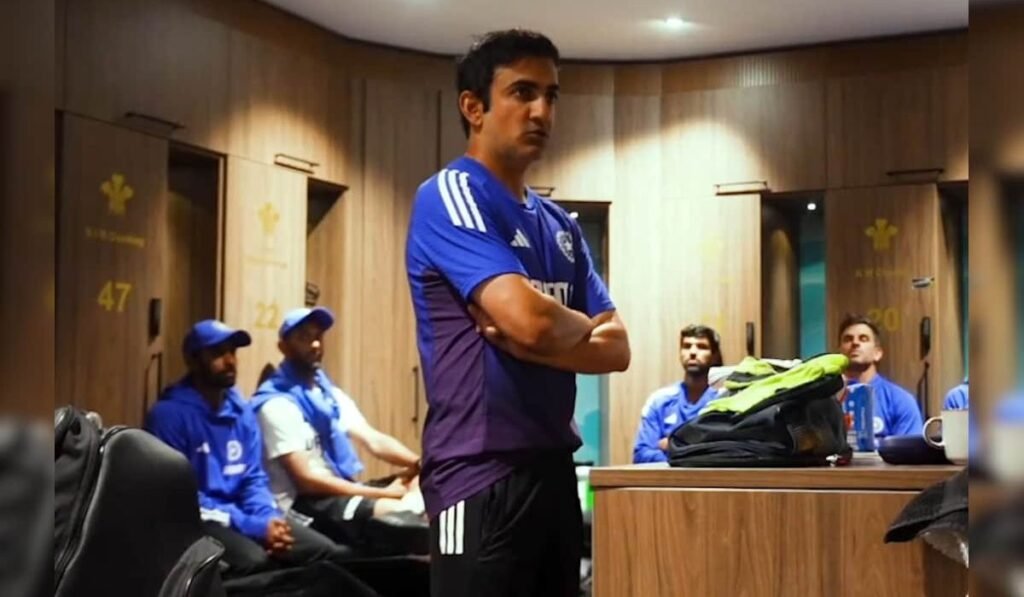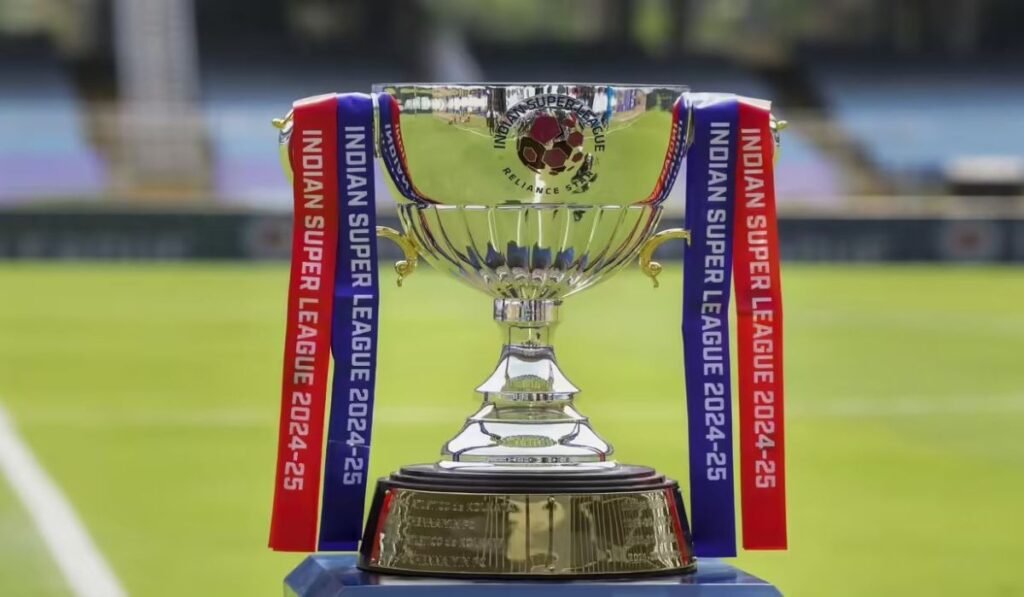Match-referee’s warning of deducting WTC points and the story of overcoming by India

The story was exposed after the historic fight-back and triumph at the Oval that helped India to end the five-Test series in 2-2. A report from a national Hindi newspaper has revealed that India entered the field on the fifth day at The Oval with a huge warning from ICC match referee Jeff Crowe hanging over their head. According to the report, quoting Indian team sources, Crowe had warned India of deducting four WTC (World Test Championship) points because their over-rate was slow by six overs. The condition was simple: either India took the England wickets or they needed to improve their over-rate to avoid the point penalty. Every point in WTC counts. With the warning from the match-referee, the think-tank of the team, including Gambhir, assistant coach Sitanshu Kotak, and Shubman Gill, had an intense discussion in between, and plans were made that spinners should be used from both ends as they would reduce the time to complete the over, and the penalty would be avoided. However, Gambhir said that the team should go for a win and not think about the over-rate. On the final day, only pacers Prasidh Krishna and Mohammed Siraj bowled, and it took them less than an hour to pick the remaining four England wickets. Gambhir’s decision was vindicated, and India did not get any penalty either. Currently, India are third in the WTC points table behind Australia and Sri Lanka. The top two teams will qualify for the 2025-2027 WTC final. However, India registered a win by six runs – the narrowest victory margin in the team’s Test history. For a team devoid of stars like Virat Kohli, Rohit Sharma, R. Ashwin, and even Jasprit Bumrah, the fifth Test win was a confidence-booster that would serve them well in times to come.
Eleven ISL clubs want to approach the Supreme Court independently to know about the League impasse!

Eleven out of 13 Indian Super League clubs have urged the All India Football Federation (AIFF) to bring the “current situation” surrounding the stricken league to the attention of the Supreme Court. The clubs have stated that if the federation fails to do so, they will have “no option but to seek judicial recourse independently.” The letter has been sent to the federation just a day after it met representatives of 13 ISL clubs and of the Football Sports Development Limited (FSDL) in New Delhi. The upcoming season of the ISL is currently suspended due to the non-renewal of the Master Rights Agreement between the AIFF and the FSDL, which is set to expire in December 2025. Negotiations have been stalled due to an oral directive from the Supreme Court that no major decision be taken by the federation until its final orders have been passed on a case pertaining to the AIFF’s constitution. “Based on legal advice, the ISL clubs are preparing to independently approach the Hon’ble Supreme Court of India for relief,” said the clubs in the letter sent on Friday. Mohun Bagan Super Giant and East Bengal are the only clubs whose signatures are missing in the letter. The clubs further said that they were “somewhat surprised” that the matter has not already been brought to the court’s attention, given its gravity and implications for the sport”. “We respectfully urge the AIFF, in its capacity as the statutory regulator of football in India and the principal party to the proceedings, to urgently bring the current situation to the attention of the Hon’ble Supreme Court of India,” the 11 ISL clubs said in a joint letter addressed to AIFF president Kalyan Chaubey. “This may be done by mentioning the matter for urgent listing and judgment and apprising the Hon’ble Court of the current situation to ensure that the ISL and associated competitions may proceed.” A domino effect of the uncertainty is already beginning to take shape. Chennaiyin FC and Odisha FC have suspended first-team operations, while Bengaluru FC have suspended salaries for those part of the first team setup – the coaching staff and the players, among whom is India’s record goal-scorer Sunil Chhetri.





